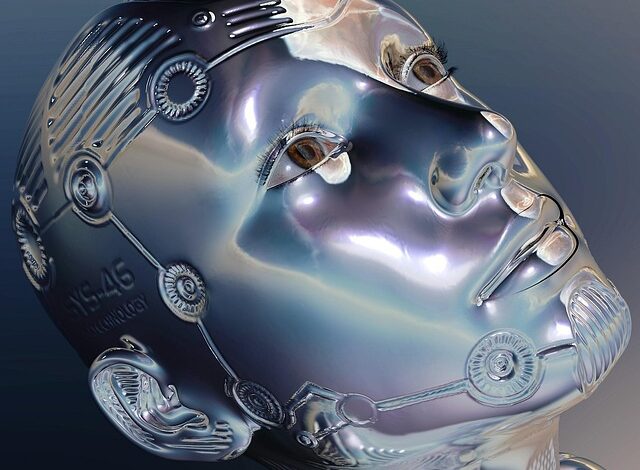The Rise of Artificial Intelligence in Everyday Technology


Artificial intelligence (AI) has become an integral part of our daily lives, transforming the way we interact with technology and reshaping industries. From virtual assistants like Siri and Alexa to self-driving cars and personalized recommendations on streaming platforms, AI is playing a crucial role in making our lives easier and more efficient.

AI-Powered Virtual Assistants
Virtual assistants have become synonymous with AI technology, providing us with personalized assistance and convenience at our fingertips. Companies like Apple, Google, Amazon, and Microsoft have all developed their own virtual assistants that use AI algorithms to understand natural language and carry out tasks such as setting reminders, scheduling appointments, and even controlling smart home devices.

These virtual assistants continuously learn from user interactions to improve accuracy and provide better assistance over time. With the rise of smart speakers and IoT devices, virtual assistants have become an essential part of our daily routines, helping us navigate information overload and streamline our tasks.

AI in Healthcare
In the healthcare sector, AI is revolutionizing patient care, diagnosis, and treatment. AI-powered algorithms can analyze medical images, such as X-rays and MRI scans, to detect abnormalities and assist doctors in making accurate diagnoses. Chatbots powered by AI are also being used to provide personalized medical advice, schedule appointments, and monitor patient health remotely.

Researchers are exploring the potential of AI in drug discovery, genomics, and personalized medicine to develop more effective treatments and improve patient outcomes. With the help of AI, healthcare providers can deliver better quality care, reduce costs, and increase efficiency in a rapidly evolving industry.

AI in Finance
AI technology is also transforming the financial services sector, enabling faster and more accurate decision-making processes. AI algorithms can analyze vast amounts of financial data to detect fraud, predict market trends, and optimize investment strategies. Robo-advisors powered by AI can provide personalized financial advice and manage investment portfolios autonomously.

With the rise of fintech startups and digital banking platforms, AI is driving innovation in payment processing, credit scoring, and risk management. Financial institutions are leveraging AI to improve customer service, automate routine tasks, and enhance security measures to meet the evolving demands of the digital economy.
AI in Education
AI technology is also making its mark in the education sector, offering personalized learning experiences and improving student outcomes. AI-powered educational platforms can adapt content to individual learning styles, provide real-time feedback, and track student progress to tailor instruction accordingly. Virtual tutors and chatbots can assist students in completing assignments, answering questions, and reinforcing concepts.
Researchers are exploring the potential of AI in developing adaptive learning systems, predicting student performance, and identifying areas for improvement in curriculum design. AI is reshaping the future of education by making learning more engaging, accessible, and effective for students of all ages.
Conclusion
The integration of artificial intelligence into everyday technology has unlocked endless possibilities for innovation and improvement across various industries. From personalized recommendations on streaming platforms to autonomous vehicles on the roads, AI is reshaping our world in ways we never thought possible.

As AI continues to advance and evolve, it is crucial for policymakers, businesses, and individuals to consider the ethical implications and potential risks associated with AI technology. By harnessing the power of AI responsibly and ethically, we can leverage its full potential to create a more efficient, inclusive, and sustainable future for all.

